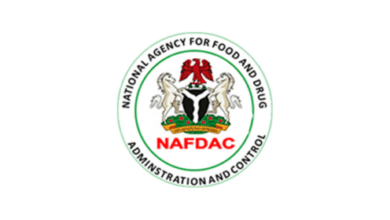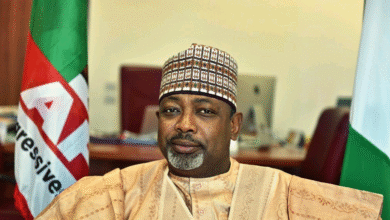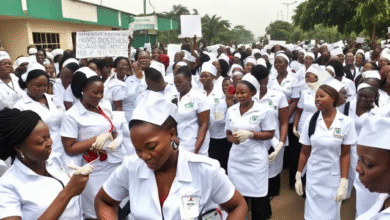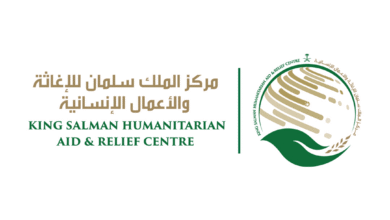WHO Urges Nigeria to Boost Public Health Budget to 20%
WHO Urges Nigeria to Boost Public Health Budget to 20%
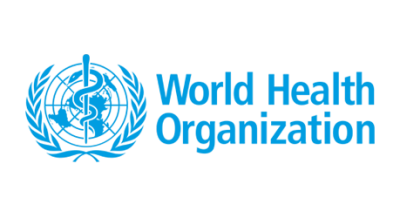
The World Health Organization (WHO) has urged Nigeria to allocate at least 20% of its total health budget to public health to strengthen healthcare systems.
Speaking at the National Health Financing Dialogue in Abuja on Thursday, themed “Reimagining the Future of Health Financing in Nigeria,” WHO Regional Director Prof. Mohamed Janabi emphasized that sustainable financing is critical for resilient health systems.
He noted that higher investments would lower out-of-pocket costs, safeguard households, and enhance pooling and prepayment mechanisms.
He added that evidence-based decision-making, such as cost-effectiveness and equity analyses, should guide fair and efficient resource allocation.
Commending Nigeria’s recent health sector reforms, Janabi described them as timely and commendable.
“With more than 223 million citizens, how the country finances health is vital for the well-being of its people and the future of the continent.
“Healthier populations are more productive, more resilient to shocks, and better positioned to drive inclusive growth.
“Nigeria’s progress is encouraging. The Basic Healthcare Provision Fund, the National Health Insurance Authority Act, and the expansion of state-level insurance schemes are steps in the right direction,” he said.
Janabi also highlighted equity and investment units, along with parliamentary engagement through the Legislative Network for Universal Health Coverage (UHC), as models that could inspire other African countries.
Amb. Amma Twum-Amoah, Commissioner for Health, Humanitarian Affairs, and Social Development at the African Union Commission (AUC), emphasised the need for Africa to prioritise health security using its abundant resources.
She noted that robust health systems, anchored by the African Medicines Agency and strengthened by effective regulatory frameworks, were essential to withstand future pandemics, floods, and droughts.
“Amid today’s financing constraints, Nigeria has charted a bold path by approving 1.7 billion dollars for the HOPE Projects to strengthen governance, expand primary healthcare, and improve nationwide service delivery.
“This reflects vision and courage. Indeed, Nigeria’s leadership is critical, and we look to you not to disappoint Africa,” she said.
Twum-Amoah also reminded participants that the dialogue emphasised the 2001 Abuja Declaration and the 2013 Abuja+12 Declaration, in which African leaders committed to allocating at least 15 per cent of national budgets to health.
NAN

